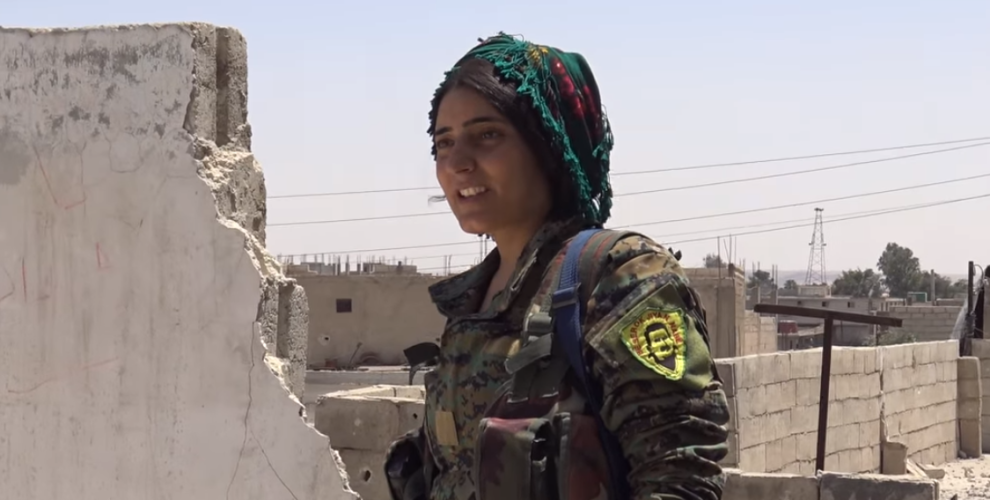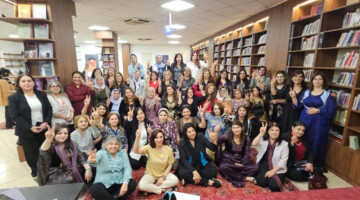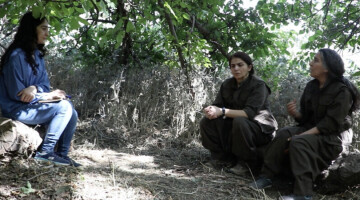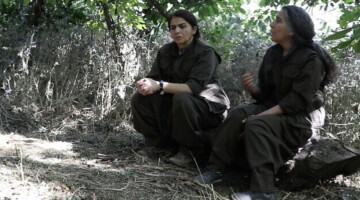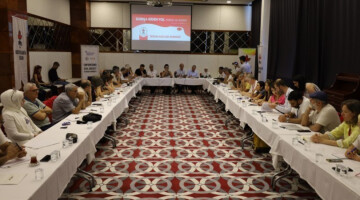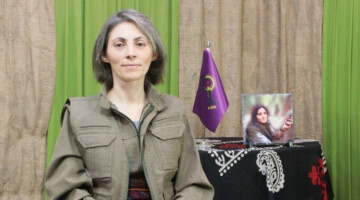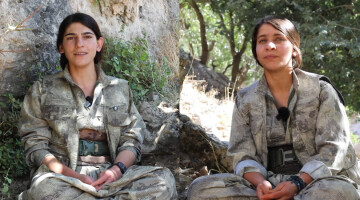"I am now in Raqqa. On the one side I seek to break the mentality of ISIS, on the other I desire to avenge all those women and girls and put an end to their terror. I want to write the history of freedom in this fight. I want us to rescue all the Êzidî women and girls, to see the moments of freedom sparkling in their eyes, to embrace them with all the warmth of my heart, because we all have gone through the same pain and fate. With a unified struggle we will bring them back to Shengal." These are the words of a young woman, who was enslaved following what is known as the 73rd genocide of the Êzidî community, and after her daring escape she took up an arm and joined the fight for freedom.
The 3rd of August 2014 is a black day in the history of mankind. On that day, ISIS gangs launched a well organized attack on Shengal which saw thereupon, because of the retreat of the peshmergas affiliated with the Kurdistan Democratic Party (PDK) presided by Masoud Barzani, thousands of its defenceless citizens brutally massacred and thousands of its girls and women abducted.
One of those women forcibly kidnapped by ISIS gangs was Hêza.
Hêza, who swallowed poison during her captivity at two occasions defying the coercion and force the gangs exerted on her to make her accept conversion to Islam, was subjected to terrible torture.
But Hêza never gave up on struggling for freedom and eventually managed to escape from the gangs. After her escape, she joined at once the ranks of the YJŞ, the Shengal Women's Units, and entered the armed struggle to take revenge for herself and all the Êzidî girls and women.
Hêza and her fellow Êzidî comrades within the YJŞ headed last week to the front line to take part in the Great Battle to liberate Raqqa.
This moment Hêza is standing in Raqqa, ISIS' self declared capital, and is fighting for freedom.
The press office of the Women's Defence Units (YPJ) released the impressive story of Hêza's pursuit of freedom in the emplacements in Raqqa.
Hêza tells that: “I shoot my bullets into the mentality of ISIS. I avenge the Êzidî women. I want to write the history and story of freedom in this fight.”

